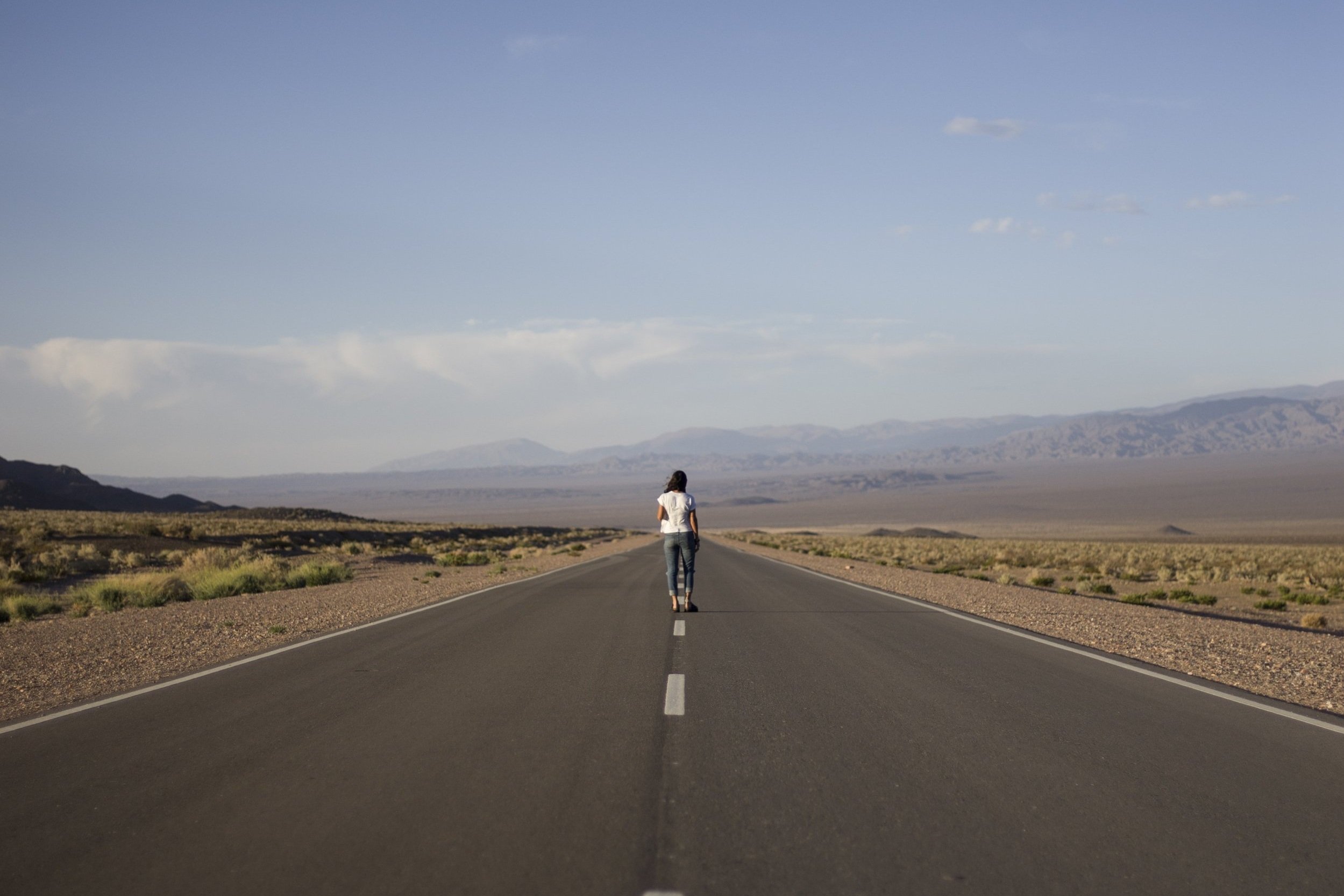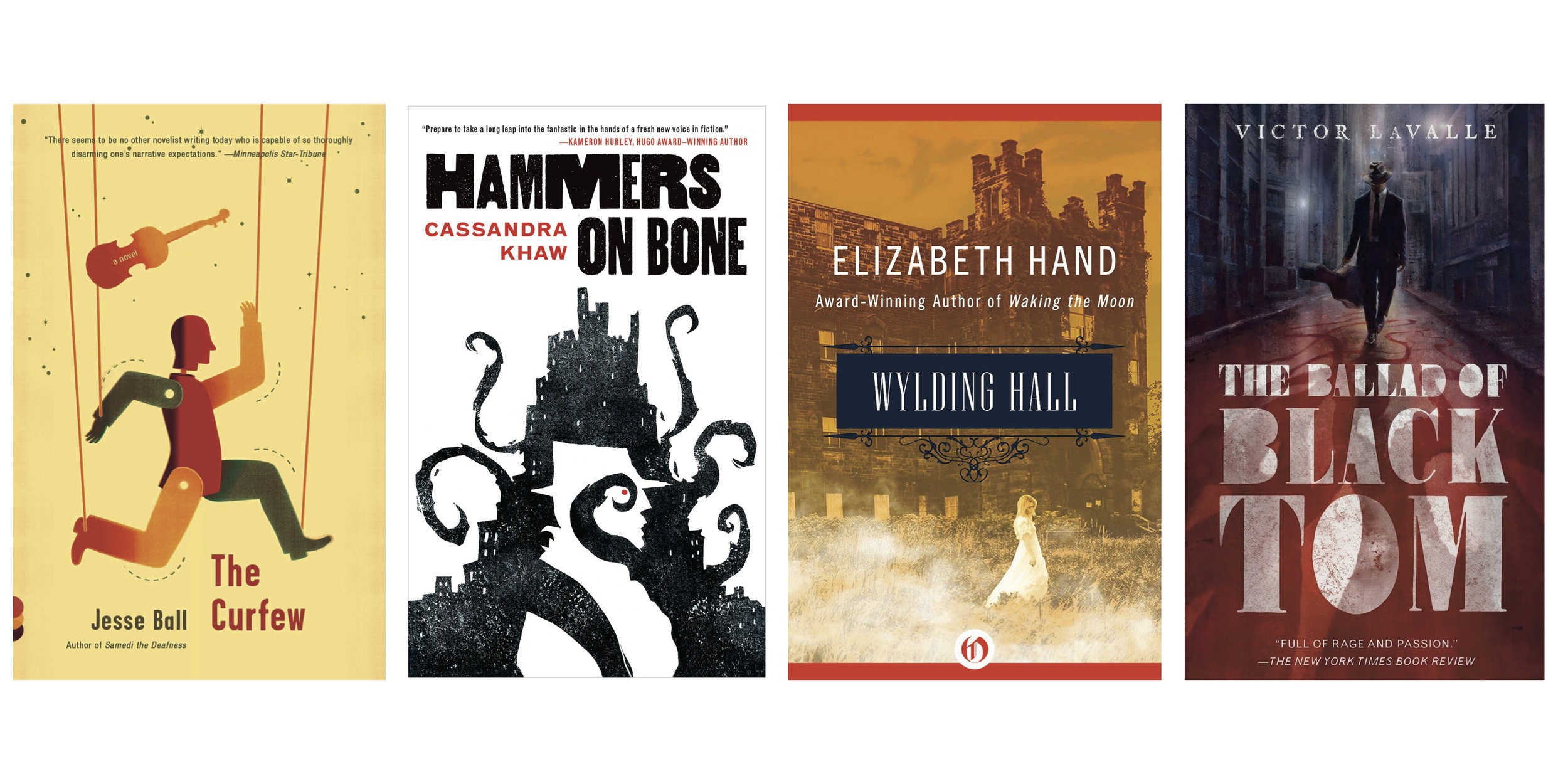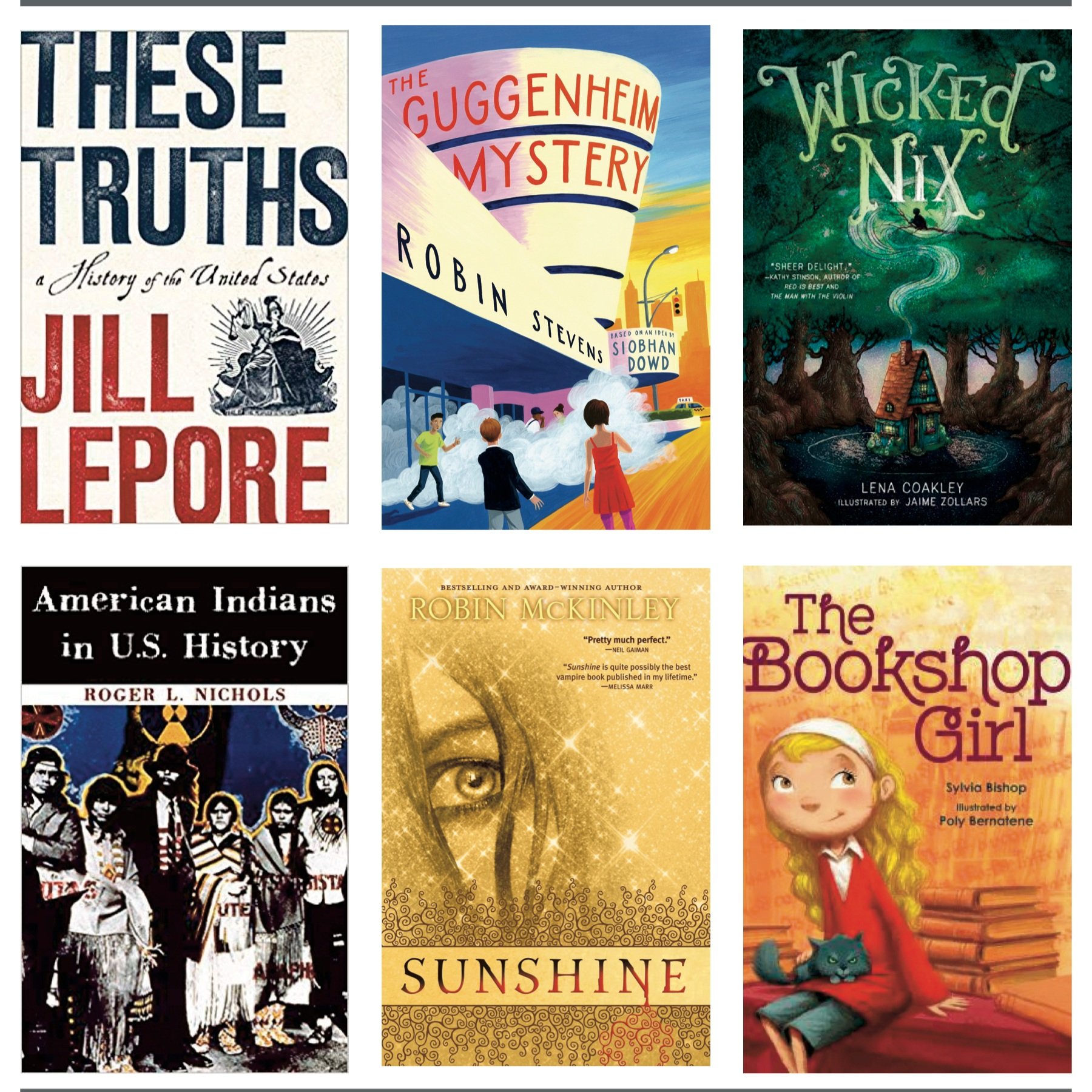What I Read in May
I stopped tracking my Library Chicken on the blog because I was getting terrible about buying books for my Kindle and not going to the library and looking at the points made me feel guilty — but I miss chronicling my book lists, so I thought once a month or so, I would round up what I’ve been reading with no points attached!
Mary-’Gusta by Joseph Crosby Lincoln
I really enjoy rifling through the many terrible vintage books in search of treasures, which is how I discovered some of my favorite comfort reads, including The Rose Garden Husband, Penny Plain, and Strawberry Acres, none of which is perfect but all of which scratch a very particular reading itch for me. Mary-’Gusta isn’t going to make the highlights reel, but I enjoyed it all the same: Two confirmed New England bachelors are surprised to inherit their old crony’s little stepdaughter, and they do their best to bring her up — though, of course, as is always the case in these sorts of stories, little Mary-’Gusta ends up raising them as much as they raise her. There’s a little drama with family secrets and expected inheritances that don’t really exist, but mostly, it’s a series of gentle domestic vignettes, culminating in a teary-glad happy ending for everyone. Sometimes that’s just what you want in a book.
The Shuttle by Frances Hodgson Burnett
On the other hand, this old-fashioned book did NOT do it for me. I love Burnett’s The Secret Garden and A Little Princess, and I expected to love this one, which is basically about a wealthy American woman restoring a British manor house — if I have a wheelhouse, we all know that is solidly in it. BUT. Burnett’s insistence on the greatness of rich Americans, who can appreciate the British countryside more than the Brits who live there, who are a new breed of awesome, who are just charging around making the world a better place — all of that feels terribly out-of-tune with the state of the world right now. I’d have enjoyed more sourcing of antique bricks and rug buying and less celebrating the unlimited options that come with being obscenely rich. (And beautiful. And well educated. And … well, you get the idea.)
The Way Life Works by Mahlon Hoagland
This isn’t a new book, but it’s still one of my favorite biology spines for the middle grades because of its emphasis on understanding systems and processes. I’m trying to gussy up our high school biology curriculum to make it less textbook-focused and more critical-reading focused, and reading this book reminds me why it’s so important to do that: Because science is legitimately interesting, and there’s something wrong with books that don’t communicate that fact.
The Ancestor’s Tale by Richard Dawkins
The Canterbury Tales by Geoffrey Chaucer
We’ve been alternating these as our family readaloud lately — even though the kids are older, we still do a big “bedtime story” together every night. (It used to mark their bedtime; now it marks mine!) My daughter wanted to do some work with evolutionary biology this summer, so The Ancestor’s Tale (which I love) was an obvious choice, and then I realized that my son had no idea about The Canterbury Tales (which I also love), and I’ve never read them together, so that’s what we’re doing. I was a little worried it would be too pedantic in combination, but we’ve been really enjoying them, possibly partly because my Middle English is as apparently as hilarious as my attempts to get the accent right in The Wee Free Men and partly because, as my son points out, Chaucer would have been a great Dungeon Master.
The Westing Game by Ellen Raskin
I read this again with my junior high book club and was delighted that they loved it (and Turtle!) as much as I do. (Wouldn’t this make a great limited television series?)
The Eight by Katherine Neville
I expected to like this historical thriller more than I did, which is probably my fault: I expected it to be like Foucault’s Pendulum, but it was more like a French Revolution version of The Da Vinci Code. The story has two timelines: The more interesting follows the members of a dissolved convent in 1790s France as they hide powerful chess pieces around the world; the other follows a 1970s computer expert who’s being sent to work in Algeria. There’s chess and Charlemagne and OPEC and Napoleon, and all of that should add up to a fun read, but somehow it just kept missing the mark for me. At one point, the stories kind of converge with the main characters from both timelines arriving in Algeria to be rescued by dashing, dangerous men, and frankly, it’s just a bit much. I do think if I hadn’t read Umberto Eco’s roller coaster rewriting of history, I might have liked The Eight (and The Da Vinci Code!) more, but he has spoiled me for Big Historical Conspiracies.
The Hand on the Wall by Maureen Johnson
I did vow when I “finished” Truly Devious that I would not be reading the rest of the series — I put finished in quotation marks because the book did NOT finish, and I’m still mad about it — but I did break down and read the last book in the series to find out what happened. I didn’t read the second book, but apparently nothing happened in it because I didn’t feel like I’d really missed anything. Both mysteries end up solved by intrepid would-be detective Stevie Bell, who discovers both the fate of Alice Ellingham (and the events that led up to it) and the villain behind the present-day murders of Ellingham students while she’s snowed in at the abandoned school with a group of friends and faculty. Neither resolution feels particularly satisfying, and you could make a coat warm enough to survive being snowbound with all the loose threads, but I have a Bad Attitude about this book, so if you want to read it, ignore my grousing and pick it up anyway.
Stuff I’m Reading for Work
(I’m making this its own section because I tend to read these kinds of books in clumps, but I won’t include review copies of elementary, middle grades, and YA books here because I share all those on Instagram!)
I’m also (as I mentioned in the podcast) reading lots of Asian history and literature right now. I talked about Kyoto: A Cultural History (a kind of travel guide that focuses on one Japanese city) and My Brother’s Husband (a graphic novel) in the podcast, so I’ll just drop them here because I really did love both of them, for different reasons and for different ways. I also read The Silk Road: A New History (not to be confused with The Silk Roads: A New History of the World, which I also read but which is not about Asian history so much as U.S. policy). The Silk Road focuses on archaeological discoveries along the “silk road,” that legendary and lucrative path connecting China to the western world, and I really enjoyed its emphasis on primary sources. I also enjoyed The Taming of the Samurai: Honorific Individualism and the Making of Modern Japan, which is a great (if sometimes a little dense) history of feudal Japan. I’m also rereading lots of Japanese fiction, especially short stories, to try to winnow down a list of books and movies for lit class — I decided it makes sense to focus on one country’s literature in depth and picked Japan because its literature is kind of a melting pot of Asian culture and ideas.
I’m also on the hunt for good literature readings for my physics class, so I’ve been collecting essays from Death by Black Hole: And Other Cosmic Quandaries, Six Easy Pieces, A Short History of Nearly Everything, and Astrophysics for People in a Hurry. I also looked at Alice in Quantumland (which I’d never read before — it was really fascinating!) and The Algebraist, which was recommended to me as a good living book for physics. I see why my friend recommended it: It’s a mash-up of big philosophical and scientific ideas around human-ness, human rights, religion, and reality. I’m definitely looking for a way to slip it into the reading list.
(We’re Amazon affiliates, so if you purchase something through an Amazon link, we may receive a small percentage of the sale. Obviously this doesn’t influence what we recommend, and we link to places other than Amazon.)






































AMY SHARONY is the founder and editor-in-chief of home | school | life magazine. She's a pretty nice person until someone starts pluralizing things with apostrophes, but then all bets are off.